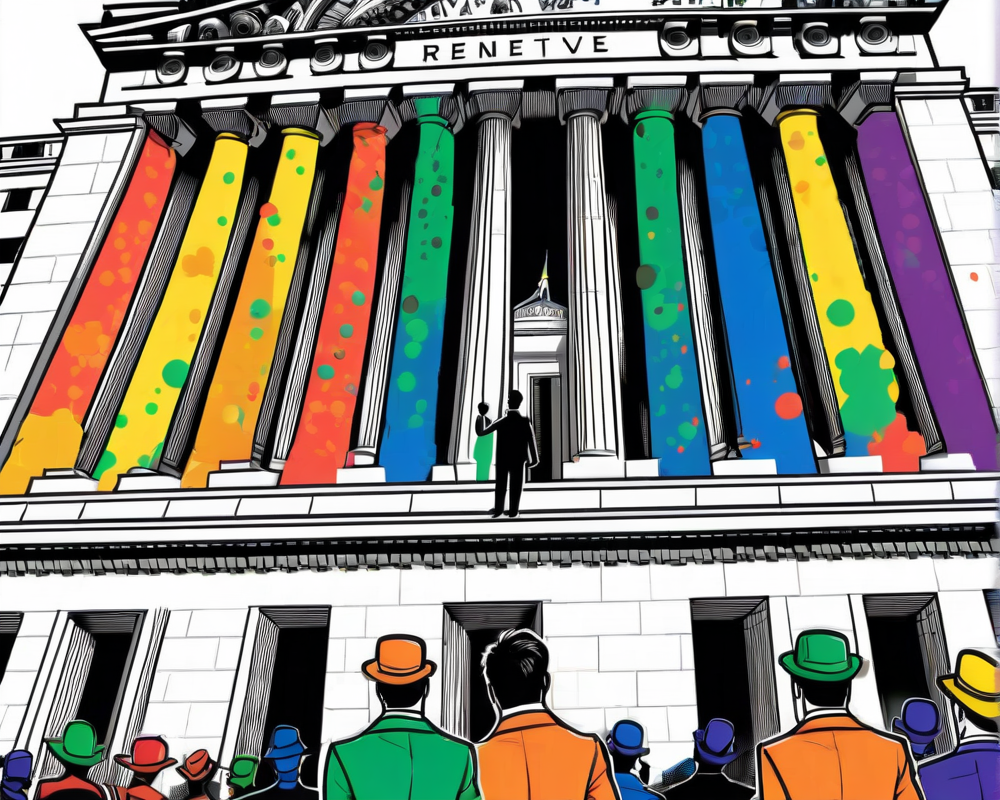Introduction to India’s Bitcoin Boom
In recent months, the Indian cryptocurrency landscape has witnessed a meteoric rise, transforming the way locals view digital currency. The pivotal force behind this phenomenon? The government’s demonetization of banknotes has pushed citizens to explore Bitcoin alternatives.
Unocoin’s Record-Breaking Growth
During the end of 2016, Unocoin, one of India’s leading Bitcoin exchanges, set new milestones. They proudly announced record-breaking trading volumes in November, marking it as the highest month for total Bitcoin trading ever. According to a tweet from Unocoin, “November was yet another record month for @Unocoin in terms of number of new users and total #bitcoin trade volume. #IndiaBitcoin” This surge in activity was evidently linked to Prime Minister Narendra Modi’s declaration of stricter financial regulations.
Expanding Horizons: Belfrics’ Entry
With local Bitcoin exchanges heating up, Belfrics, a Malaysia-based Bitcoin service provider, decided to dive into the Indian market. Their mission? To enhance the Bitcoin infrastructure and create a competitive landscape for exchanges. Praveen Kumar, the CEO of Belfrics, expressed confidence in the growth of Bitcoin in India, stating that the government’s regulatory framework is evolving positively for the industry.
The Legal Landscape of Bitcoin in India
Clarity is key in the cryptocurrency world, and Indian exchanges like Zebpay have been active in shedding light on the legality of Bitcoin. Research conducted by esteemed institutions, including the Centre For Internet & Society and law firm Nishith Desai Associates, has concluded that Bitcoin operates within the bounds of Indian law. They pointed out, however, that while Bitcoin is classified as movable property, this classification remains untested in court.
Decentralization: The Unsinkable Ship
One of the more compelling arguments in favor of Bitcoin’s endurance is its decentralized nature. The CIS highlighted that the nature of Bitcoin makes it nearly impossible for government bodies to shut it down or control it completely. The organization stated, “Even if the agencies want to regulate or shut it down, they will not physically be able to do so as there is no nodal institution for authorities to target.”




